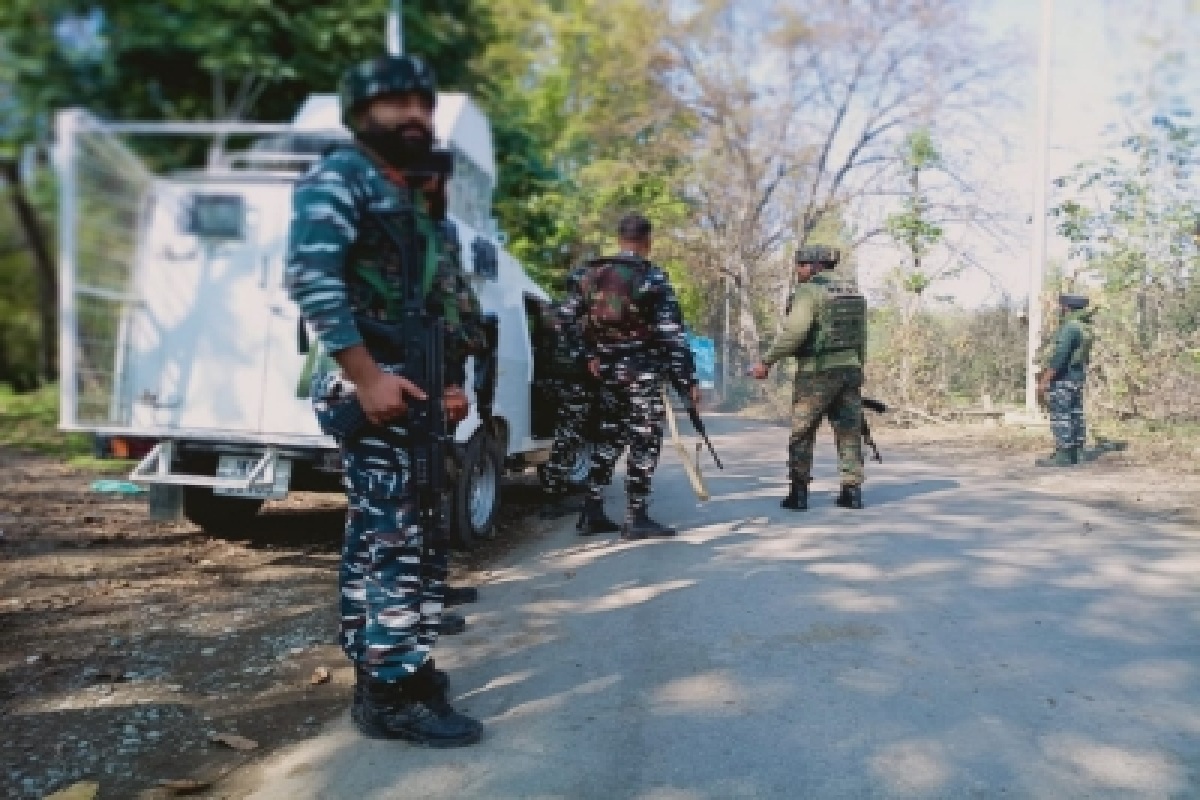A tragic incident unfolded in Bettiah, West Champaran district of Bihar, where a man, Anirudh Yadav, died while in police custody. His death sparked significant unrest among local residents, leading to violent clashes with law enforcement officials.
Background of the Incident
On the afternoon of the incident, Yadav, a member of a DJ group, was taken into police custody. Eyewitnesses report that he was later found dead in the police station, prompting allegations from his family that he had been physically tortured while in custody.
Outbreak of Violence
Following the news of Yadav’s death, a large group of irate villagers gathered at the Balthar police station. The situation escalated quickly, with reports indicating that protesters began firing gunshots into the air, resulting in one police officer’s death and injuries to several others. In the ensuing chaos, demonstrators threw stones at police and set three police vehicles ablaze.
Official Statements and Investigations
Superintendent of Police Upendra Nath Verma confirmed the death of police officer Ram Jatan Singh during the unrest. Verma stated that the situation is currently under control but acknowledged the heightened tensions in the area. He denied the allegations that Yadav was beaten to death, claiming instead that Yadav had died from a bee sting while at the police station. According to Verma, Yadav was rushed to a hospital after being stung but unfortunately succumbed to his injuries on the way.
Community Response and Concerns
Yadav’s family and community members are demanding justice and accountability from the police, fueling concerns about the treatment of individuals in custody. This incident has raised critical questions about police practices and the need for transparency and oversight in law enforcement.
Authorities are currently investigating the circumstances surrounding Yadav’s death, and measures are being taken to restore calm in the community. The tragic outcome of this incident underscores the urgent need for dialogue between law enforcement and local communities to address grievances and prevent future violence.









